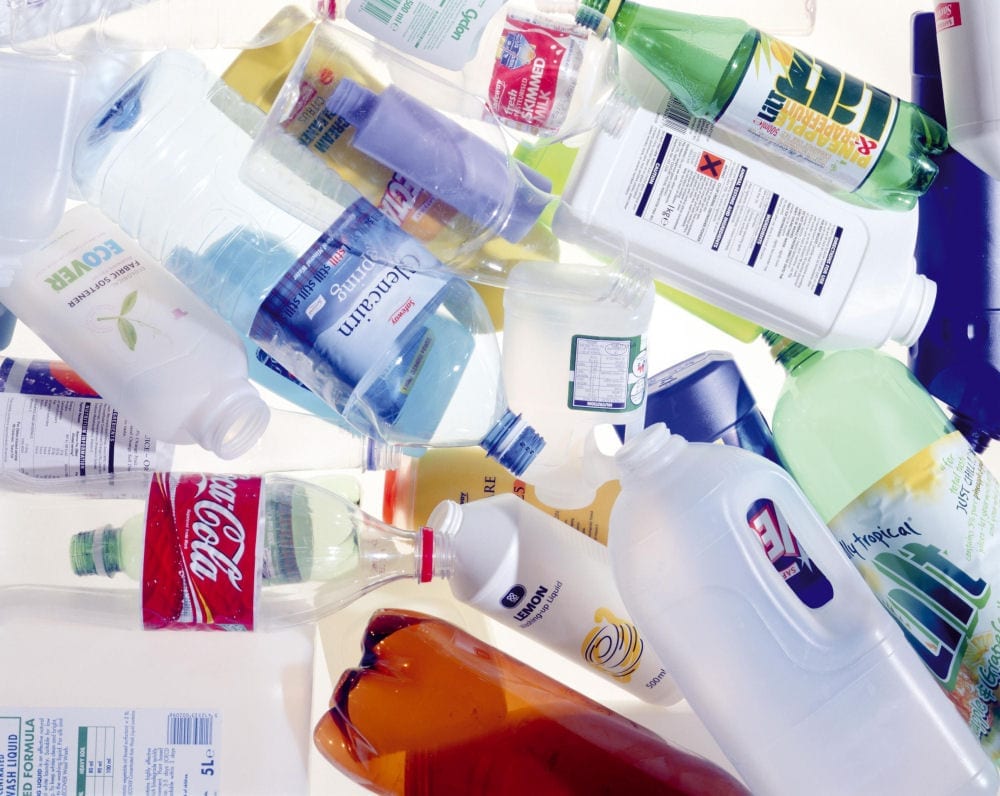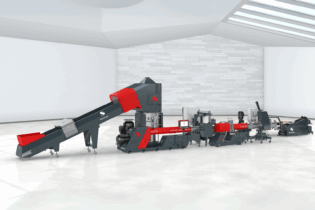 Plastics|SA recently held its Annual General Meeting, where the importance of innovation in the industry was highlighted by the organisation’s chairman, Bernhard Mahl.
Plastics|SA recently held its Annual General Meeting, where the importance of innovation in the industry was highlighted by the organisation’s chairman, Bernhard Mahl.
Mahl issued a challenge to the audience to get out of a survival mindset and back into a mindset of growth through a conscious commitment to innovation.
“Looking back at what we have achieved during 2015, we can be proud of the fact that we have had a very successful year and that we managed to reach many of the strategic objectives we have set out to achieve,” he said.
Mahl highlighted the industry’s growth of 6.4% in virgin material consumption to 1, 490,000 tonnes per year, as well as a 3% increase in the amount of plastics being recycled. He said this allowed the local plastics industry to now divert approximately 310 600 tonnes of plastics per year from landfills.
However, he warned that the industry could no longer afford to “rest on its laurels”.
“If we look at the past 5 to 10 years, the South African plastics industry has not recorded any real growth,” he said. “Whilst we managed to have stayed on par with the country’s GDP growth, this is still far below the average plastics growth of 3% worldwide. We need to put on our innovators caps. Think outside the box. What can we do differently?” he asked.
He added that “In South Africa, we are unlikely to be able to compete with the first world who offer technological advancements. We are also not able to compete with companies from the Far East on price,” he said, but explained that the country had a unique position of understanding the challenges faced on the African continent.
He then urged the those in the industry to push themselves to “find innovative solutions for the African environment”.
Plastics|SA executive director, Anton Hanekom, reflected on the past year and confirmed that the local plastics value chain was well developed and catered to both local demand and export markets.
Plastics|SA said that the biggest markets this past year continued to be the packaging, building and construction and automotive industries, while competition from advanced developing countries and cheap imports of relatively low value-added products had a negative impact on domestic demand this past year.
“Despite difficult economic conditions, Plastics|SA stayed focused on fulfilling our mandate of creating a vibrant and sustainable plastics industry in South Africa that is valued and respected by the local and international industry, customers, suppliers, government, community and employees”, Hanekom said.
He highlighted four important strategic initiatives that were developed and implemented during 2015 as part of the organisation’s aim to stimulate growth in the plastics industry.
The initiatives that helped drive the Plastics Industry Growth Strategy were:
- Initiative 1: Zero Plastics to Landfill 2030
- Initiative 2: Growth through export and import replacement
- Initiative 3: Innovation and skills development
- Initiative 4: Industry support through public-private partnerships
Hanekom explained that putting the wheels in motion of these four projects was in line with the organisation’s six core areas of focus. These included:
- Advocacy assessing and influencing key decision-makers, policies and strategies that affect the industry
- Communication sharing relevant industry issues with industry role-players, the media and the general public
- Training meeting the needs of the plastics industry through offering training courses that are accredited and NQF aligned
- Research acquiring and compiling industry statistics, as well as researching areas of strategic interest to the industry
- Sustainability providing strategic leadership to the plastics industry on environmental issues
- Member services provided to companies who belong to their respective industry associations, paid their membership fees, and would continue to impact the industry and yield positive results for the next few years to come.
“Our future growth relies on competitiveness and innovation,” Hanekom said. “We look forward to the new challenges and opportunities the next year will present to us,” and added that the dynamic space in which the industry has found itself, has presented them with exciting new opportunities and possibilities.
“With the help and support of our members, Plastics|SA will continue to actively grow and develop our market through passionately promoting the use of plastics as the material of choice,” Hanekom concluded.
 Plastics|SA recently held its Annual General Meeting, where the importance of innovation in the industry was highlighted by the organisation’s chairman, Bernhard Mahl.
Plastics|SA recently held its Annual General Meeting, where the importance of innovation in the industry was highlighted by the organisation’s chairman, Bernhard Mahl.






